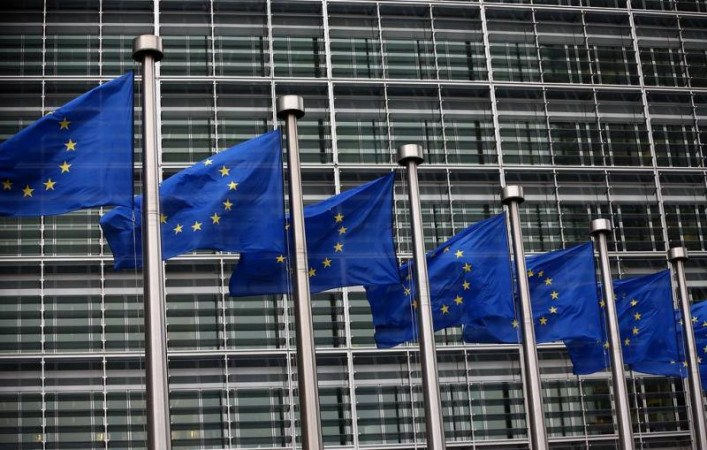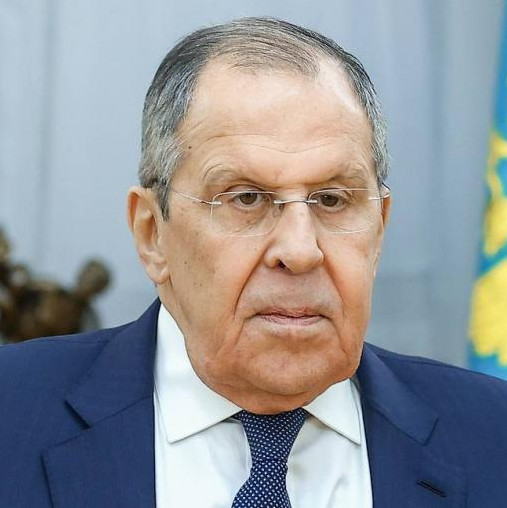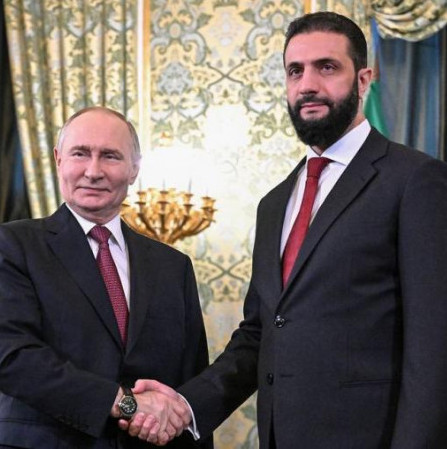
Stagnation that characterizes the process of establishing relations between the DPRK on the one hand and the United States and South Korea on the other, which successfully began two years ago, can be addressed in two ways.
On the one hand, stagnation is not that bad for a situation that has been constantly teetering on the brink of a military conflict for decades. On the other hand, stagnation, both in medicine and in politics, is often fraught with a sudden sharp recurrence of an inveterate disease. And therefore, such an amorphous state of affairs cannot but cause alarm within the world community, at least those closely monitoring the situation in Korea and around it for one reason or another.
It would seem that there was no suspense back in September-early November: the American President harped on about prospects of another meeting with the North Korean leader, and Pyongyang did not deny such a possibility. Occasionally scolding the American political elite hostile to the current White House owner and North Korea itself, senior representatives of the DPRK leadership spoke warmly about Trump himself, as if disengaging him from the enemies of the North Korean state.
But in mid-November things suddenly began to change. Pyongyang, advancing another traditional demand to Seoul and Washington to abandon their plans for annual joint air force exercises, did not apparently expect this requirement to be met.
But the White and Blue Houses thought carefully and reported their giving up on the drills in a bid to further develop the dialogue with the DPRK. At the same time, they tried to revive working contacts with the North with an outlook for holding another US-North Korean summit.
However, Pyongyang not only drew a line at such contacts, but announced new obviously unfeasible claims. It demanded to permanently abandon the exercises, to lift economic sanctions, "to stop hostile policies against the DPRK" (as if pursued by Trump himself), and to provide dependable security guarantees to the North Korean state right now, without any negotiations on that point.
North Korean negotiator diplomats suddenly started talking tough to the United States. Thus, adviser to the North Korean Foreign Ministry Kim Kye Gwan used a very undiplomatic tone in one of his press-statements to reproach Trump with his intention to exploit events involving Korea for purely personal gain. "We will no longer grant the President of the United States the opportunity to be proud of his achievements (as regards North Korea), without getting anything in return. We ought to recover a corresponding debt from him for having taken all the credit."
The North Korean diplomat is certainly not all that far out. Indeed, with numerous investigations amid the impeachment issue, Trump needs progress in the Korean direction more than ever before. He urgently needs to bring Pyongyang back to the negotiating table. But in the North Korean capital, they play their card and do not rush to the rescue of the White House head. Pyongyang wants to squeeze maximum concessions out of the cornered US President.
The North Korean capital believes it is possible now. And is obviously wrong. After all, the state of "neither war nor peace" is more beneficial to the DPRK than to the United States. Such a tough stance taken by Pyongyang not only pushes away the prospect of developing a formula for a reliable settlement of the Korean problem, but may once again bring North Korea to the dangerous brink of a direct coercive confrontation with a powerful military adversary.
There is another important factor that calls the Korean settlement prospect into question: the United States, North Korea and South Korea have failed to create an atmosphere of mutual trust within the scope of their new relations.
It is certainly clear that assurances of cordiality and mutual understanding voiced after the first US-North Korean summit by both sides have initially been a stale diplomatic maneuver. But this maneuver still provided some hope for peace to the peoples of at least two countries – the Republic of Korea and the DPRK. Today, such hope is almost gone...
A situation of this kind will obviously enhance the role of mediators, or rather political co-sponsors in the Korean settlement, namely Russia and China. Their phased settlement initiative now seems to be the most advanced and efficient one.
Its efficiency is brought about by fact that the first settlement stage envisaged has taken place after all: working contacts between the warring parties have been established, with important negotiations and even summits having taken place.
And now, apparently, it is time to move on to the next stages stipulated by the Russian-Chinese plan – to negotiations with wider participation of all the interested parties in order to develop further steps both as regards the Korean settlement and the creation of a new security system in northeast Asia as a whole.
Another important thing in the further developments will be the readiness of the United States, South Korea and North Korea to show grit and renounce provocations.


